Dallas
214-456-8000
Fax: 214-456-8005
Plano
469-497-2505
F: 469-497-2511
Park Cities
469-488-7000
Fax: 469-488-7001
Prosper
469-303-5000
Fax: 214-867-9511
At Children's Health℠, we treat more kids with esophageal strictures than almost any other pediatric hospital in the Dallas-Fort Worth area. Our deep knowledge and expertise means we have some of the best pediatric specialists in Texas. We use advanced endoscopic procedures to provide the most effective and least invasive treatments for your child. We look forward to serving your family with compassionate, high-quality care.
214-456-8000
Fax: 214-456-8005
469-497-2505
F: 469-497-2511
469-488-7000
Fax: 469-488-7001
469-303-5000
Fax: 214-867-9511
An esophageal stricture is a tight or narrowed area in the esophagus – the “food tube” that connects the mouth to the stomach. This condition can make it difficult for liquid and food to pass through the esophagus.
Our pediatric gastroenterologists (specialists in digestive disorders) have extensive training and expertise in caring for children who have esophageal strictures. We use advanced testing to diagnose pediatric esophageal strictures, including:
Typical causes of esophageal strictures in children include:
At Children’s Health, our pediatric gastroenterologists usually treat esophageal strictures with a procedure called esophageal dilation . To start, we will insert an endoscope into your child’s mouth and down into the esophagus. We then insert a tiny, deflated balloon through the tube and inflate it just enough to stretch the narrowed area.
In some cases, we place a small tube-like device (stent) in the esophagus to keep it open as it heals. Our gastroenterologists remove the stent later in a follow-up procedure.
Our gastroenterologists may prescribe medication for your child to treat conditions that are causing the stricture, such as GERD or eosinophilic esophagitis.
Our team of gastroenterologists, nurse practitioners and physician assistants are highly trained and experienced in treating children with esophageal strictures. Our experts will work together to create the best care plan for your child and help relieve their discomfort.


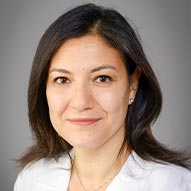



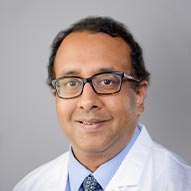
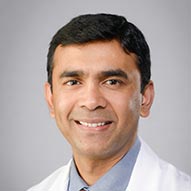

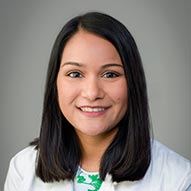


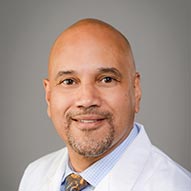
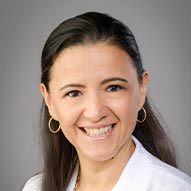


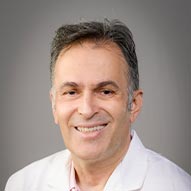
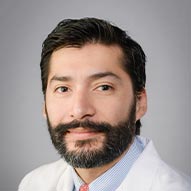






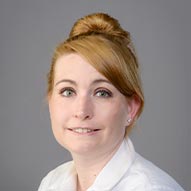
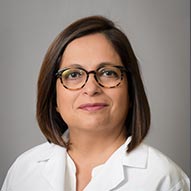
On average, esophageal dilation can successfully treat 80 to 90% of esophageal strictures in children.
After esophageal dilation, your child’s throat may feel sore, but it usually improves within one day. Applying warm compresses or a heat pack may help ease discomfort.